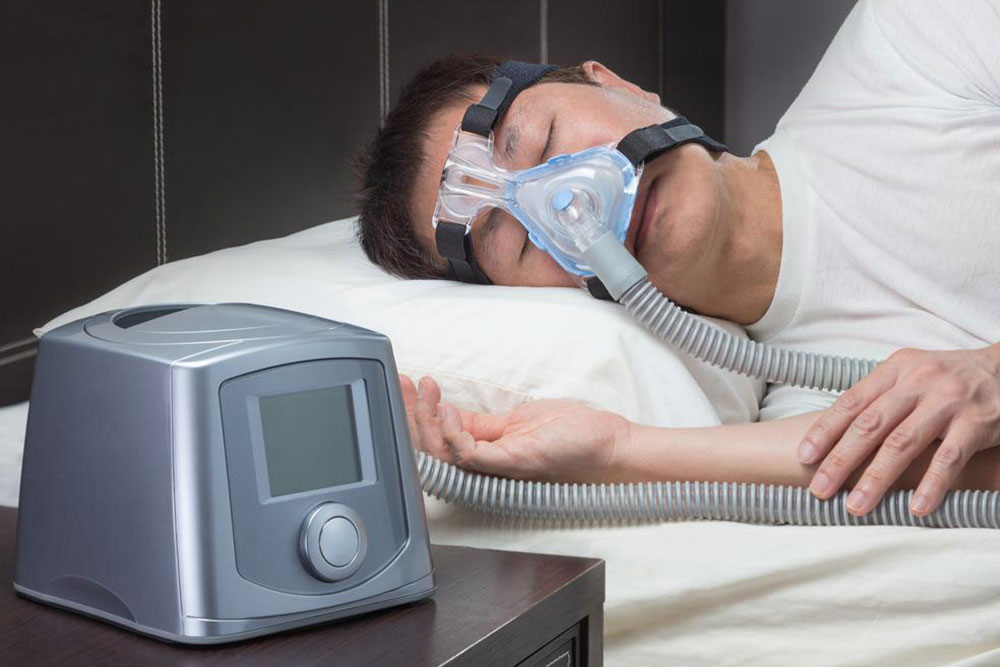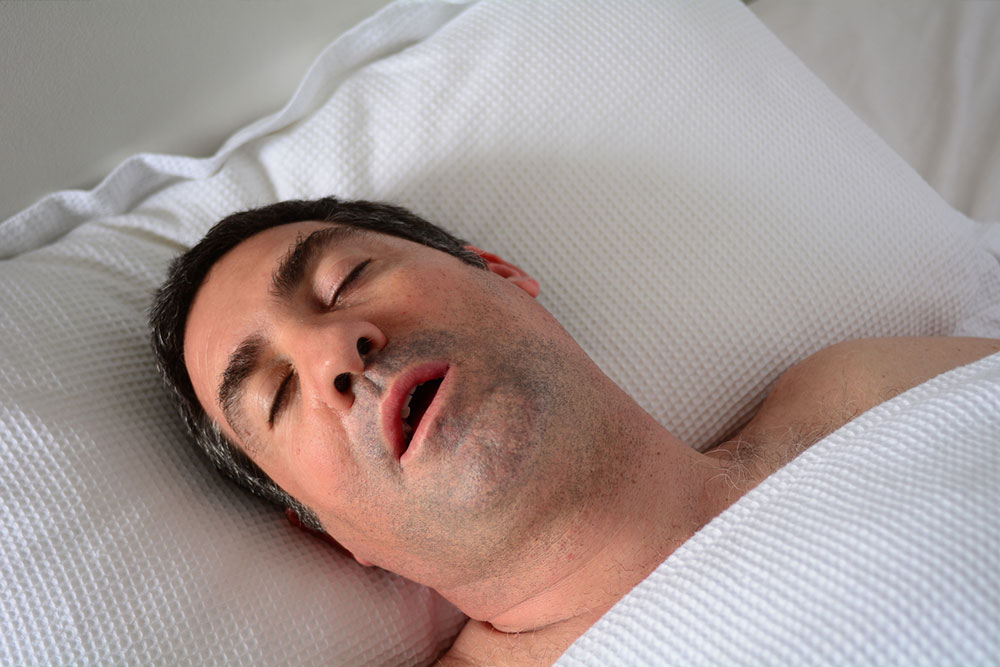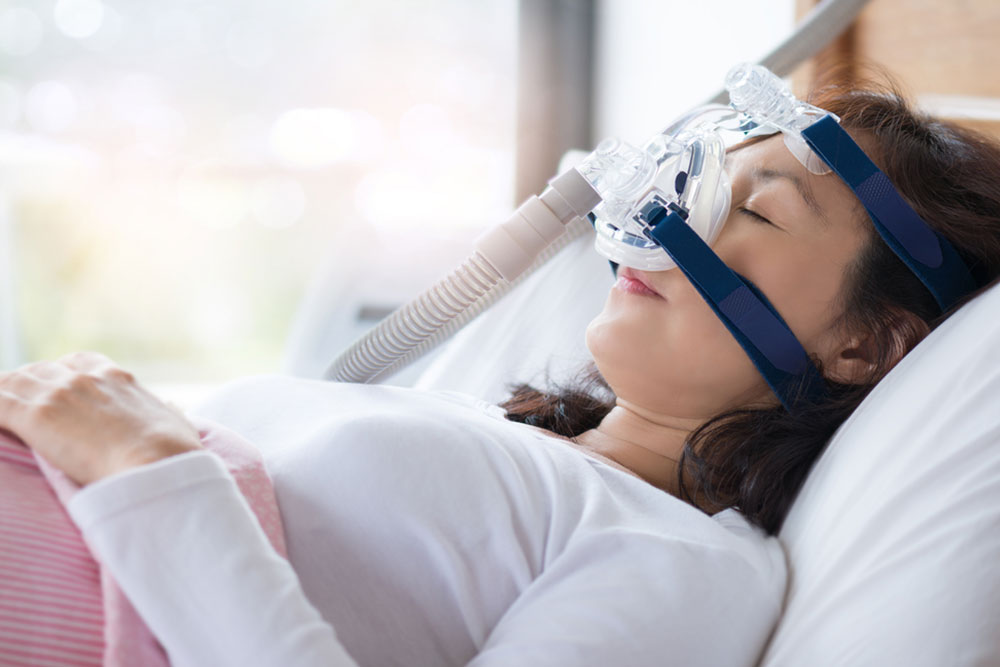Key Considerations for Choosing Effective Snoring Prevention Devices
Discover essential tips for selecting the best snoring prevention devices. Focus on comfort, materials safety, breathing compatibility, clinical testing, and affordability to ensure effective sleep solutions tailored to your needs.

Key Considerations for Choosing Effective Snoring Prevention Devices
With numerous anti-snoring solutions on the market, selecting the right device can be straightforward if you know what to look for. Not all options suit every sleeper, so it's essential to evaluate comfort, fit, safety, breathing compatibility, clinical approval, and value for money.
Focus on Comfort
Choose devices that fit well and feel comfortable throughout sleep. Many mandibular advancement devices come in a standard size, so picking one that provides a secure yet comfortable fit improves both compliance and results.
Select lightweight, soft materials to prevent soreness. Adjustable features allow for a customized fit, ensuring better comfort and effectiveness.
Material Safety
Since many devices are worn inside the mouth, prioritize non-toxic, soft materials. Verify that the product is free from harmful chemicals like BPA, which is associated with health concerns such as diabetes and certain cancers.
Align with Your Breathing Pattern
Consider your breathing style when choosing a device. Nasal breathers may benefit from mandibular or tongue stabilization devices. Devices with openings can improve comfort for nasal breathers.
Clinical Approval and Certification
Always select devices that have passed clinical testing and received approval from authorities like the FDA. Certified products generally meet higher safety and quality standards.
Cost and Durability
Find a balance between affordability and durability. A reasonably priced, long-lasting device is a smart investment. Be aware of its lifespan and replacement needs to maintain effective relief over time.


